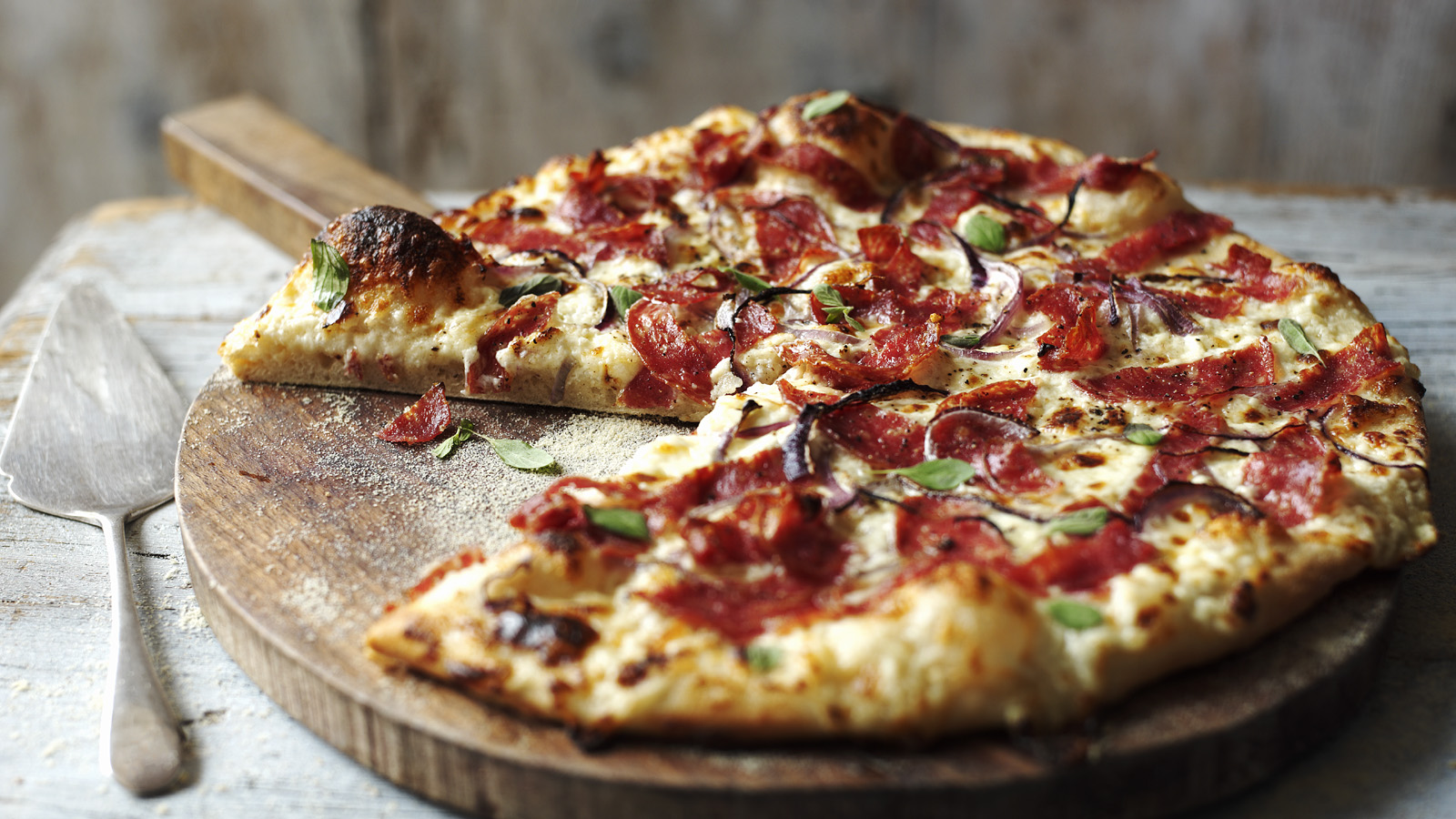
Ultra-processed foods are not known for their health qualities. We know this, yet it’s hard to resist the doughnuts your kind colleague brought into the office.
Now, research published Wednesday in the BMJ may give you at least a longer pause before you pick the pink one with sprinkles.Researchers discovered that people who eat more ultra-processed foods have a higher risk of cancer.
Such foods are the ones with unrecognizable and unpronounceable words on the list of ingredients — anything from the candy that turns your tongue blue to healthier-sounding canned soups packed with artificial flavors, additives or emulsifiers. Most food is processed to some degree, but ultra-processed foods are typically much more calorie-, sodium- and sugar-packed.

Research has long showed that people who live on ultra-processed food tend to be more obese and overweight. They’re also more likely to have heart and circulation problems or diabetes, studies have found. Eating a lot of processed meat like hot dogs has also been tied to an increased risk of colorectal cancer.
Researchers saw this new cancer link when they analyzed 24-hour dietary records of nearly 105,000 adults in the NutriNet-Sante cohort, a general population group in France.

The individuals recorded what they ate from a list of 3,300 food items that were then categorized by how processed they were, using a system called NOVA.What the scientists found was that a 10% increase in the proportion of ultra-processed foods in the diet was associated with a significant increase of greater than 10% in risks for overall cancer and breast cancer.
“Ultra-processed fats and sauces, sugary products and drinks were associated with an increased risk of overall cancer,” the study says. “Ultra-processed sugary products were associated with an increased risk of breast cancer.
“People who tended to eat more ultra-processed food also tended to smoke more and exercise less than the others, but the authors controlled for these issues and still found the elevated cancer risk.
“It was quite surprising, the strength of the results. They were really strongly associated, and we did many sensitive analysis and adjusted the findings for many co-factors, and still, the results here were quite concerning,” study co-author Mathilde Touvier said.

“What people eat is an expression of their lifestyle in general and may not be causatively linked to the risk of cancer. So it is necessary to rule out what are called cofounding factors,” said Tom Sanders, scientific governor of the British Nutrition Foundation and an emeritus professor at King’s College London.
Sanders, who was not involved in the study, said the authors made statistical adjustments to accommodate for some of that, but he cautions that “the approach of categorizing dietary patterns that depend on industrially processed food in relation to disease risk is novel but probably needs refining before it can be translated into practical dietary advice.”The nonprofit trade group Association of Food Industries did not respond to requests for comment.